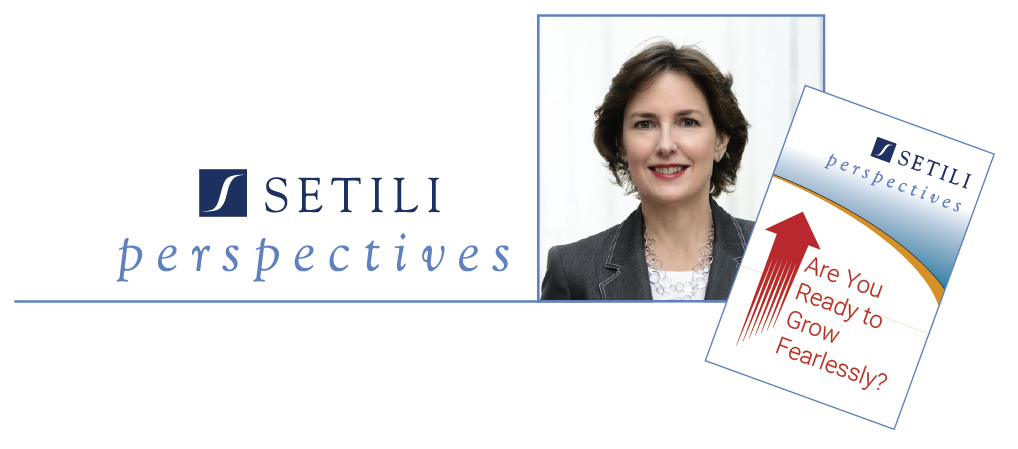The More You Know, The Less You Need: How to Prepare Your Business for Anything the Future Might Bring
 The Boy Scout motto is “Be prepared,” yet scouts pride themselves on carrying the bare minimum for a safe backpacking trip, and having multiple uses for each object they carry.
The Boy Scout motto is “Be prepared,” yet scouts pride themselves on carrying the bare minimum for a safe backpacking trip, and having multiple uses for each object they carry.
In every business, a tension exists between being prepared for what you expect may happen, and being ready to take advantage of things you do not expect.
Amazon aims to run its servers at only 40% of capacity, because it never, ever wants to have an outage. It prepares, then, by having extra capacity.
Similarly, many companies carry extra inventory, to assure that they are never out of stock, or keep extra staff on the payroll, in case their skills are needed.
However, stockpiling has a downside: it can slow our ability to adapt when circumstances change. Preparedness for the “most likely” future can make it harder for us to see the unexpected future when it arrives. The company who stays lean has less to lose by changing course, so it is light and nimble.
I love the expression “the more you know, the less you need” because it conveys how important skills are if you want to be prepared for anything. In today’s fast-changing world, mindset, skills and learning agility are more important than physical preparedness.
So, take the time to anticipate what might change in your business environment. Ask:
– How might your customers needs, values and behaviors be different in the future?
– How will technology change what you, and what competitors, can offer?
– What new business models, and new competitors, could enter the picture?
– What new regulations might be coming?
And then ask:
- What actions should we take no matter what the future brings?
- What actions should we take now to mitigate the downside of each potential scenario?
- What actions should take now to enable us to take advantage of each scenario’s potential upside?
- What metrics and events should we monitor to glean clues about how the future might unfold?
- And most important: What should we be learning now, so that we have the knowledge and capability to compete effectively in any future world?
In 1990, a man stopped breathing on a USAir flight. Two doctors sitting a few seats behind him on the plane performed an emergency tracheotomy using a Swiss army knife and a writing pen. They had the knowledge to save a life, and they made do with the tools they had.
I’m interested in your comments – what might the future hold for your company, and what capabilities, knowledge and mindsets are you acquiring now to be prepared?
If you liked this post, please share it.



